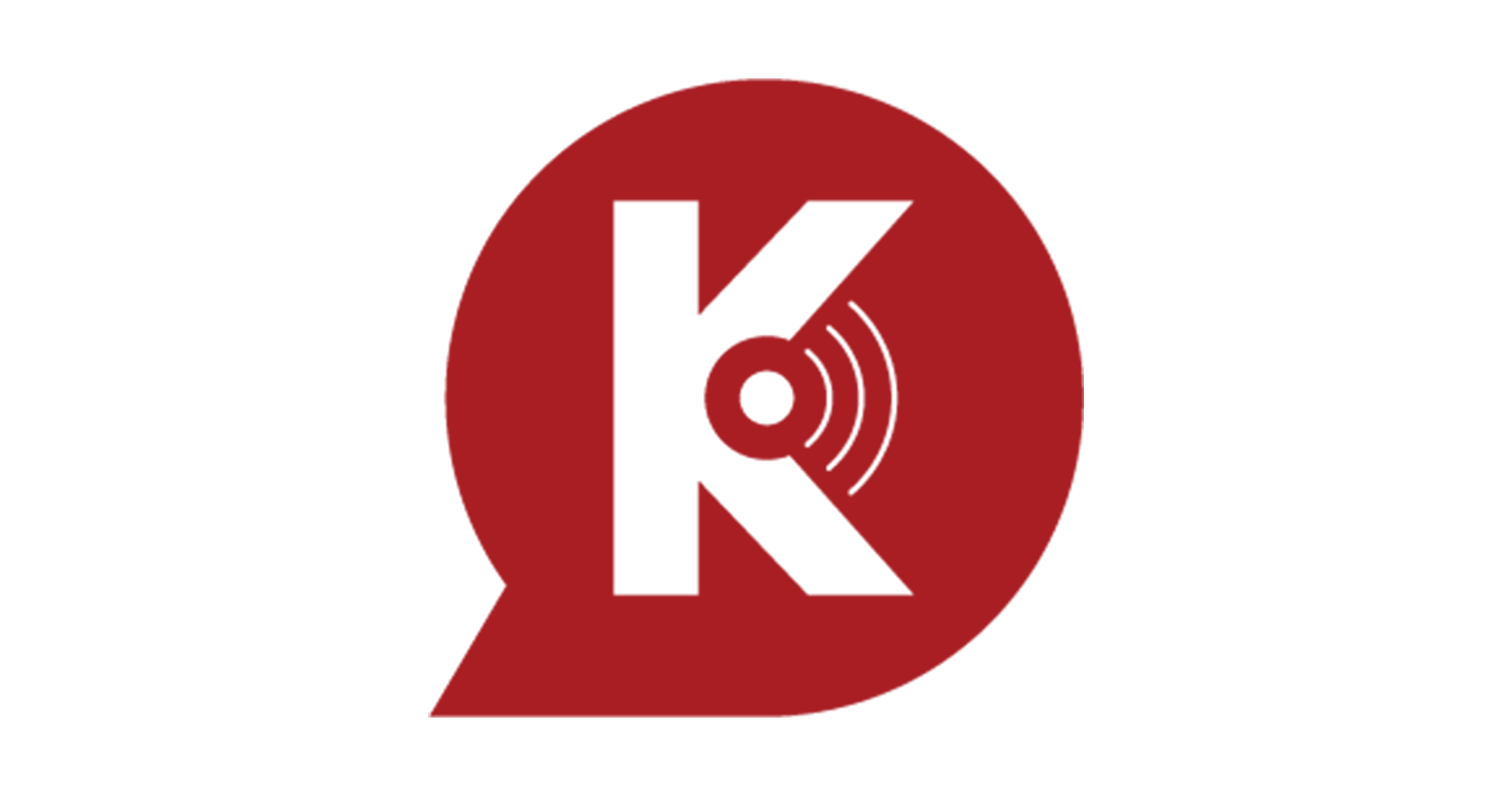
If you haven’t heard the news about Kast Media and why we are all so very angry at them, it’s not because you’ve been living under a rock. It’s actually the opposite: If you haven’t been hearing about the podcast ad agency that made millions on multi-year sponsorship deals with podcasters who never got paid for the work they did, chances are you don’t spend most of your days under a rock. (Which is what we call underground comedy clubs and your moms’ basements; the only physical spaces where it’s acceptable to talk about podcast drama.)
Assuming that many of Passionfruit’s readers may be extremely online but not that specific niche of online, let’s do a quick debrief of what’s going on here. We spoke to podcasters like Dan Murrell and John Campea; we know of channels that are owed collectively — just from the ones we personally spoke to — a conservative $250,000 in missing ad revenue from Kast and/or PodcastOne and/or LiveOne. (Truly, more on that in a minute.)
Some of the channels we spoke to were unaware that their shows’ multi-year sponsorship contracts were no longer handled by Kast Media. The majority were unaware of the exact amount until we contacted them for the story. At least one channel wasn’t aware they were owed any money whatsoever. According to some of these podcasters, Kast would send them simplistic Google spreadsheets indicating gross and net payments for checks that never came.
And what freaks me out is that these are just a handful of specific shows with talent that share the near-mythical status of middle-class earners in the creator economy. The channels who, while not being able to afford to lose tens of thousands of dollars for their work, haven’t had their lives ruined because of it. These podcasters are the exception, not the norm. And the reason we’re hearing from them now is because of an even smaller subset of celebrity podcasters in Kast’s talent roster who came forward against Kast and its CEO, Colin Thomson. In a 20-minute expose of the company by the investigative YouTube channel CoffeeZilla, we hear from Brendan Schaub, Whitney Cummings, Theo Von, and Jim Cornette … all among the first podcasters to raise hell about Kast. It’s no coincidence that these are the channels that are owed six and potentially seven figures, according to their claims.
So while reading the following, remember this is just what we know from creators with the ability to have their voices heard. The ones with the clout to bring attention to how the creator economy is like regular capitalism on steroids: Platforms make money solely off the work of creators while keeping the worker from the means of production. (And the F.B.I. killed Martin Luther King! Private property is inherently theft. Or however Karl Marx put it.) This isn’t how the world works, even by Bo Burnham sock puppet standards.
“This isn’t just about these podcasters. It’s everywhere. It’s about 360 deals in music, MCNs with YouTubers, and business people begging you to let them control your money, and then you getting scraps.”
YouTuber Coffeezilla on the Kast Media controversy.
This is how it was supposed to work: Advertisers paid Kast directly, and the company then served as an intermediary, distributing the funds to the shows in their networks. From these transactions, Kast earned a percentage for facilitating the transaction. However, Coffeezilla’s latest video about Kast alleges that Thompson used funds meant for the podcasters to pay off staff salaries at the company. According to these podcasters, they were approached earlier this year by someone from Kast claiming the company was near bankruptcy, who would then attempt to strong-arm the shows into accepting a reduced payment of 33% in cash, with the remaining amount in stock of another podcast agency, PodcastOne.
Via a series of irregular regulatory workarounds, Kast traded over 25 of its shows to LiveOne, an entertainment platform known for subsidiaries like Slackers Radio (often seen as Tesla’s response to Sirius) and PodcastOne. The latter had a sponsorship model similar to Kast’s but aimed to venture into in-house production. In the scenario proposed to the podcasters, PodcastOne would then manage the ad deals for shows owed money by Kast.
In May, it was disclosed that the LiveOne agreement was speculative, with “no assurance that the proposed acquisition will be completed and/or within the expected timeline.” While Kast’s agreement involved an all-stock trade with the NASDAQ-listed LiveOne, creators were offered stock in PodcastOne, which wasn’t publicly listed at the time.
The twist? The agreement was merely a letter of intent from LiveOne and was “in no way binding.” It hinged on the hope that these shows would boost the IPO of PodcastOne in its attempt to go public.
And on September 8th this year, it did: PodcastOne, which promotes itself as a creator-first network with over 250 programs (including former Kast properties), began trading on NASDAQ as PODC, priced at $8 a share. This valuation was at the lower end of projections, despite a profile in Yahoo Finance which gassed up the “historic” listing as the first publicly-traded podcast network offering stock to all its talent and staff.
Currently, PodcastOne is trading at less than half its opening value. Podcasters are left with few options: sue Kast possibly into bankruptcy and recoup none of their money, or sue PodcastOne and risk devaluing the stock they may have received in lieu of actual payment. Well, at least the legal system in America is free and easily accessible for private citizens looking to go against private corporate interests, right?
….Right??
This post originally appeared as part of the Passionfruit newsletter. Sign up here.




